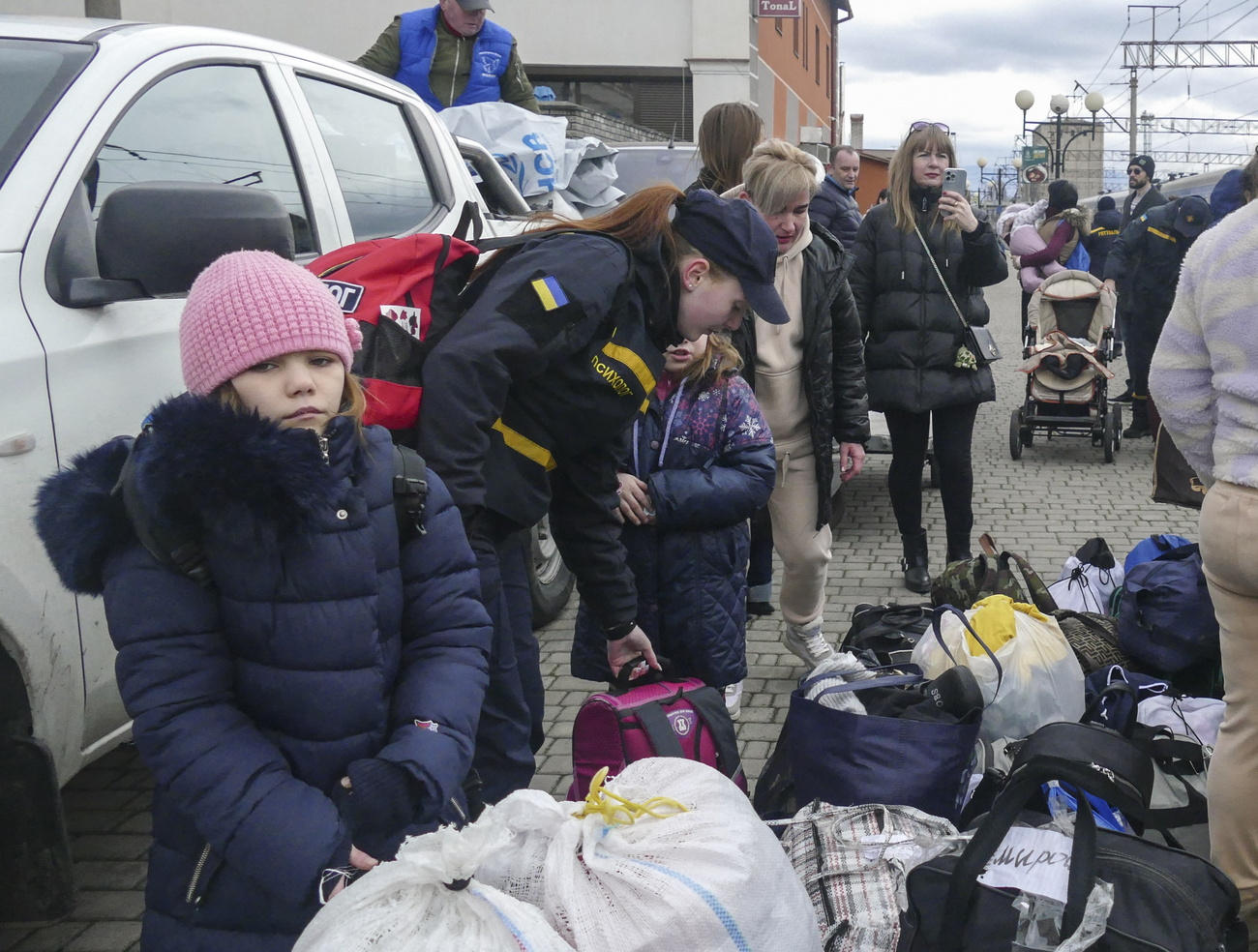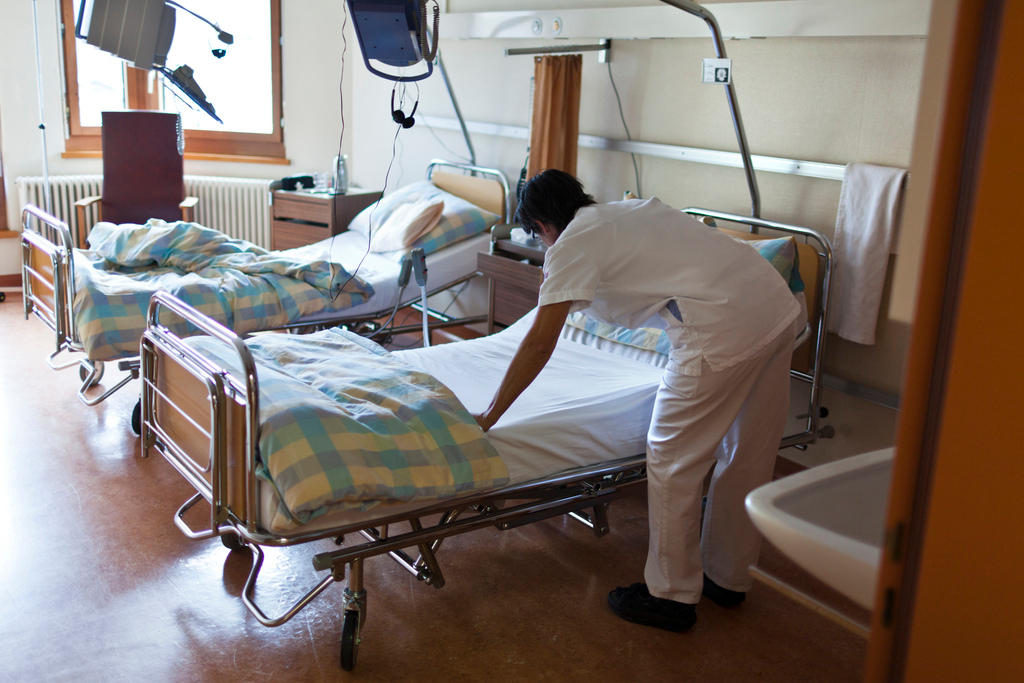
Swiss project recruits more migrant and refugee nurses

A joint pilot project between the Swiss Red Cross (SRC) and the Swiss Secretariat for Migration (SEM) has achieved a 90% success rate in recruiting more nurses from the ranks of migrants and refugees in Switzerland.
The SESAME project, set up three years ago, has seen 444 people graduate from its nursing training programme. Nine out of 10 graduates have found work within the health sector, it was announced on Thursday.
Given the success of the scheme, it is envisioned that hundreds of migrants will be put through training every year in future, alongside the 4,000 other citizens who train to be nurses and nursing assistants.
SESAME’s rigorous selection procedure, including language proficiency requirements, meant that few migrants dropped out of the training programme.
“The SRC’s nursing assistants are in great demand on the labour market. In view of the increasing need for care in old age, migrants are a welcome addition to the Swiss labour force,” said SRC director Christine Kopp.
“I’m pleased that even people without a vocational qualification can find initial access to the labour market with SESAME, which they can later supplement with an apprenticeship,” said SEM deputy director Cornelia Lüthy. “People without a vocational qualification would find it particularly difficult to gain a foothold in the labour market.”
The project is part of wider efforts by the Swiss authorities to integrate migrants into the labour force. Earlier this year, the government pledged to triple its spending on this task.
One pillar of the integration plan is to send 3,600 migrants through various vocational training programmes by 2022.

In compliance with the JTI standards
More: SWI swissinfo.ch certified by the Journalism Trust Initiative



























You can find an overview of ongoing debates with our journalists here . Please join us!
If you want to start a conversation about a topic raised in this article or want to report factual errors, email us at english@swissinfo.ch.